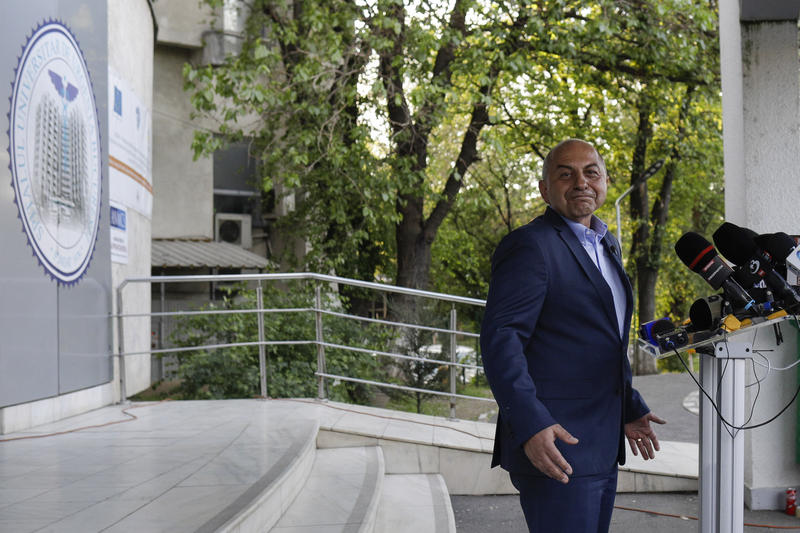Former Romania dictator Nicolae Ceausescu loved the Italian risotto, but would most certainly have hated to see the Romanian rice fields acquired by European companies. After the rice price has tripled this year, European farmers became increasingly interested in rice crops and begun to expand their operations in Eastern Europe, Reuters informs.
Romanian farms, most of them abandoned after the fall of Communism, also became a target for investments. The trend offers Romania - a country with important water resources, a warm climate and a good soil - the chance to become one of Europe's main rice producers.
The large-scale rice production begun in Romania in the '70's, when Ceausescu, following the example of North Korea and China, forced the farmers (bound in state-owned cooperation units) and some convicts to work on the rice fields near Vladeni, South-Eastern Romania.
Today, people like Jean-Pierre Brun, head of the rice brokers in London, say about Romania that it has a great potential, having easy access to water, flat lands and warm weather. Bulgaria, Ukraine and Hungary also benefit from similar conditions, but on a lesser scale.
The Danube, which has water resources 20 times larger than the Po river in Italy, also offers a competition edge in front of Spain and Italy.
In the end, experts say, Romania may cover up to 10% of the European rice imports.



















